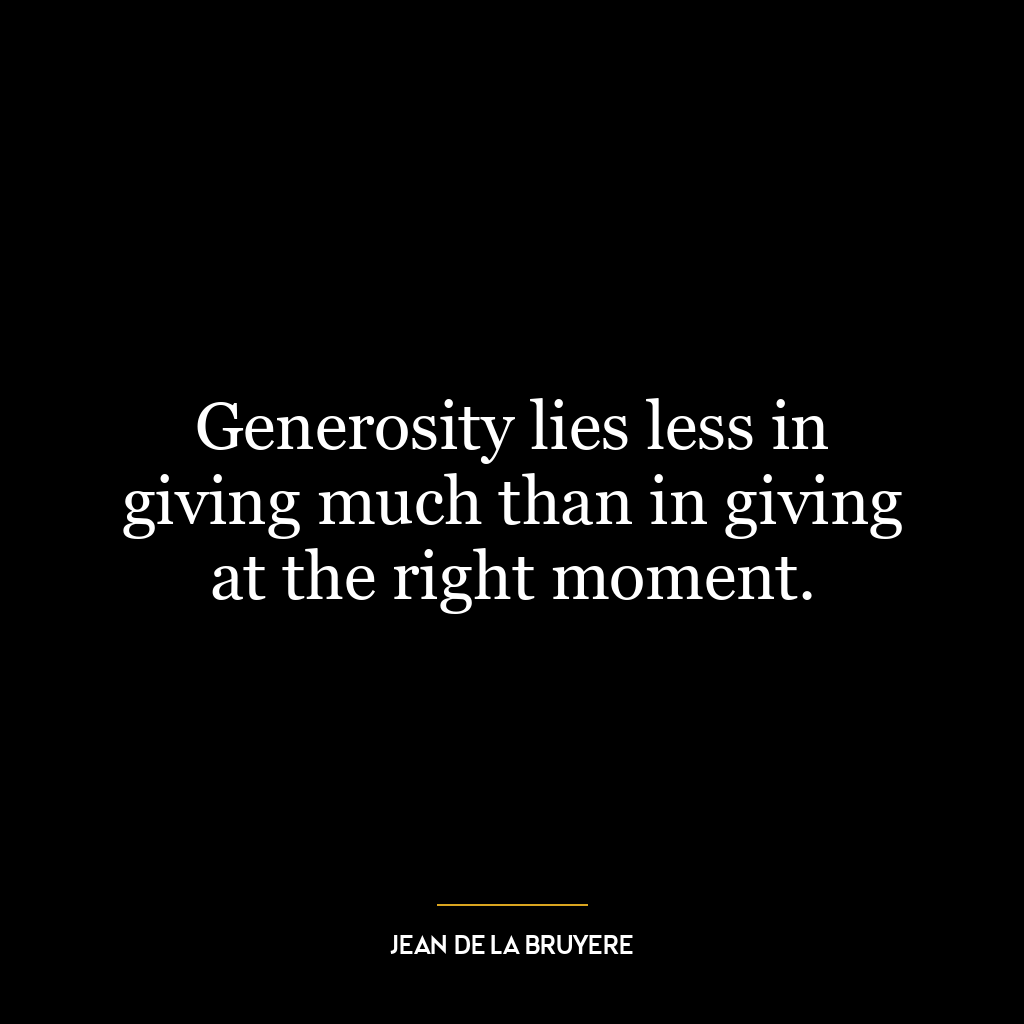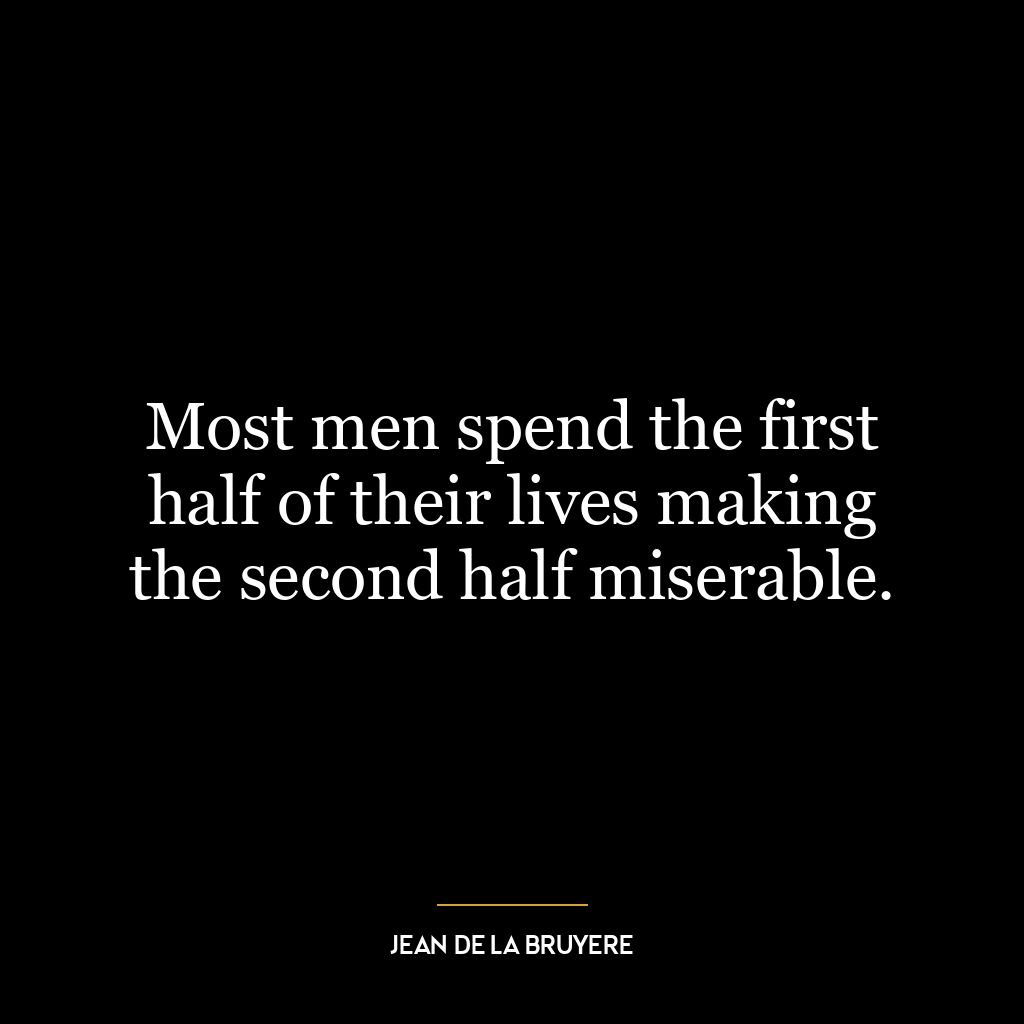He who wished to secure the good of others, has already secured his own.
This quote emphasizes the principle of altruism, suggesting that by seeking the well-being of others, one inherently secures their own well-being. It reflects the idea that the act of giving not only benefits the receiver but also enriches the giver. This is not necessarily in a materialistic sense, but rather in terms of personal growth, satisfaction, and fulfillment.
From a psychological perspective, this quote can be linked to the concept of ‘helper’s high’, a state of euphoria that is experienced after performing a kind act. It’s a form of emotional return on investment. When one helps others, it can lead to a sense of purpose and meaning, improved mood, and reduced stress levels.
In today’s world, this principle can be applied in various ways. On a global scale, countries can secure their own prosperity by aiding other nations in their development. This can lead to mutual growth and stability, fostering a sense of global unity and cooperation.
On an individual level, this quote can guide personal development. By focusing on the betterment of others, one can cultivate empathy, compassion, and understanding, traits that are essential for personal growth and emotional intelligence. It can also lead to stronger relationships and a more fulfilling life.
In the context of the workplace, a leader who prioritizes the growth and well-being of their team members will likely foster a positive and productive work environment. This, in turn, can lead to their own success and fulfillment as a leader.
Overall, this quote suggests that selflessness can lead to self-fulfillment, highlighting the interconnectedness of individual and collective well-being.









